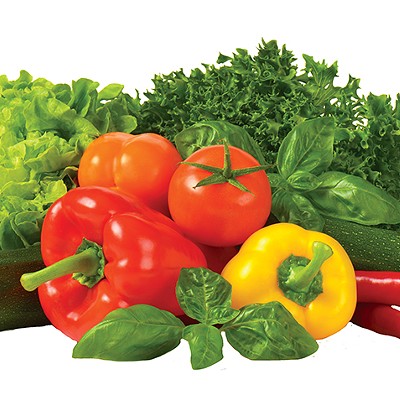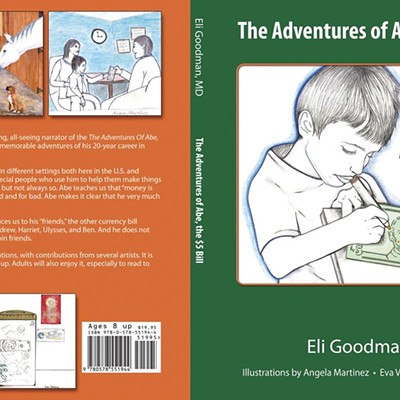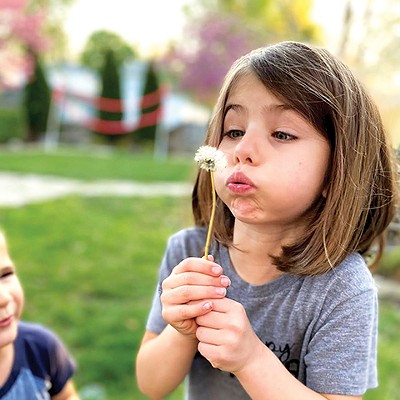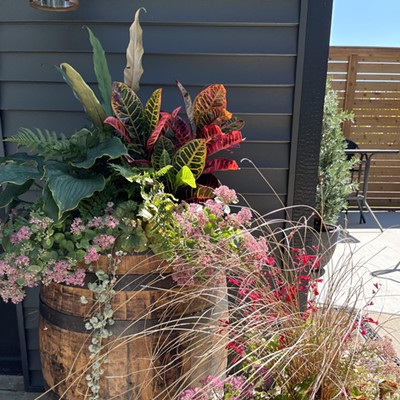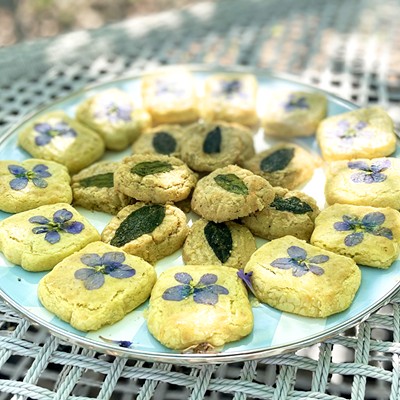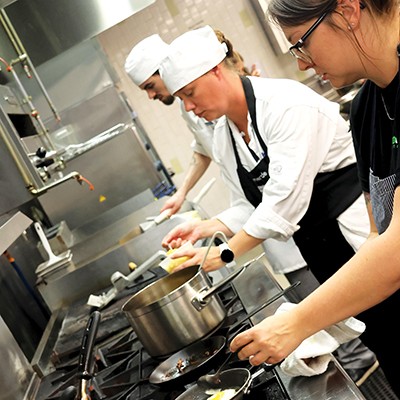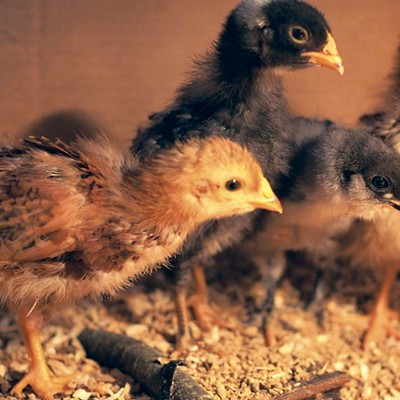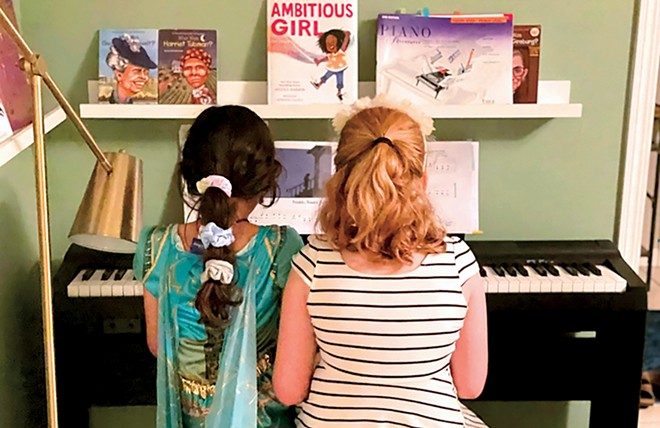
It's never too early, or too late, to take on the issue of racism, both within yourself and – yes – with your kids. Indeed, raising children who seek to break down the status quo and fight alongside those who are seeking justice is perhaps one of our most important roles as parents.
Why is it so important?
Kids are indispensable parties to the work of anti-racism. Silence and ignorance perpetuate racism. Parents of white children, in particular, have a duty to contribute to dismantling the structures of racism by teaching our children to be consciously and actively anti-racist. Moreover, as Dominic Watson, CEO of Watson Diversity Solutions and a Black father puts it, "Why send your kids into the world with fewer tools?"
The trouble with colorblindness
Many white families, including the one I grew up in, assume that the best way to combat racism is to avoid the topic of race altogether. We considered ourselves to be colorblind, and therefore, not racist. But wearing blinders is rarely an effective way to root out a problem. Colorblindness ignores the realities of race and racism and allows white kids to grow up oblivious to the multitude of ways that systemic racism plays out under our noses, and yes, to our benefit. Kathryn Harris, a Black historian and activist living in Springfield, points out that the idea of colorblindness largely serves to negate and diminish people of color. "It is the first thing folks see, and so it must be acknowledged, recognized and respected," she said of viewing race.
How young is too young?
There's no such thing as too young when it comes to engaging your children on the topics of race and racism. Research shows that babies as young as 16 months notice differences in skin color. So, there's no reason to wait, because your kids are making observations and drawing conclusions, even if you're staying silent. If you studiously avoid the topic, you may inadvertently be sending them the message that differences are a bad thing.
My 8-year-old daughter's best friend, Vivienne Bowers, is South Asian and said she can't remember a time when she wasn't aware of color and difference. "I really started feeling different in kindergarten, because I was the only girl in my class who was brown – there was no one else. It felt really lonely sometimes," said Vivienne. "My mom and I talked about it a lot, and she helped me to feel proud about bringing diversity to the school. It's a little easier now, being different, because no one is exactly alike anyway."
Where do I start?
Conversations about color, race and racism look different for every family. For families of color, these conversations tend to be unavoidable, and often center on how to stay safe. Watson recalls having conversations with his mom about race and inequity before he was school-aged. He grew up understanding that, as a Black male, "There's not room to make too many mistakes."
My sister, a white parent of two Black sons, knew that she had to start conversations about race from the get-go, but lacked the experience and comfort level to talk fluently about race with her young kids. She relied heavily on children's books about race and color to start the conversations.
Find racially diverse children's books.
They don't all have to discuss race outright, but books that do address race and racism head-on can be a great way to spark conversations, especially for white parents who feel awkward broaching the topic. Choose books that portray people from other backgrounds and cultures in a positive manner.
Show up!
There are lots of organizations doing great work in your community right now. Listen, engage, volunteer and donate when you can. Check out the list of resources at the bottom of this article. Engage with your school community. This year, I cast my first-ever vote for school board, partly because I wanted to help ensure a diverse school board.
Anti-racism is a life-long project
Zach Perin, a white father, has spent a lot of time thinking about how to raise his three white children to be anti-racist. "I have learned to think of anti-racism as a practice, not a destination. That helps me remember that I won't wake up one day a successfully anti-racist white man, but rather, every day I need to interrogate my actions, try, fail and try again," said Perin. "I need to build a practice, and help my children do the same."
Similarly, rather than focusing on what to do about racism, Kelly Hurst, an anti-racism trainer and CEO of Being Black at School, reframes the work of being anti-racist as a continuum built out of daily practice, rather than a finish line. Work on yourself, and simultaneously encourage kids to think about race and the way it hurts and helps people. Talk about past and current events and inequities around the dinner table. Even when kids seem to not be paying attention, they are always listening.
Learn from your kids
During a recent chat with my daughter and her friend, the girls were clear-eyed about what mattered most in their friendship. "We don't care that we have different skin. We're all humans, and we should all be treated equally, because we are all the same on the inside!"
Ashley Meyer lives in Springfield with her husband and two daughters. This summer, she is looking forward to learning more about local history with her family.
Additional
reading and links to resources
Community
organizations
- The
Crossroads Organization/Springfield Coalition on Dismantling Racism (crossroadsantiracims.org/Springfield)
- Springfield
Black Chamber of Commerce (springfieldbcc.org)
- The
Springfield and Central Illinois African American History Museum (spiaahm.org)
Online resources:
-
camelbackventures.org/blog-posts/2021/2/2raisingantiracistchildren
- embracerace.org/resources/20-picture-books-for-2020
- readbrightly.com/how-to-talk-to-kids-about-race-books-and-resources-that-can-help/



